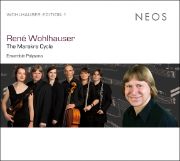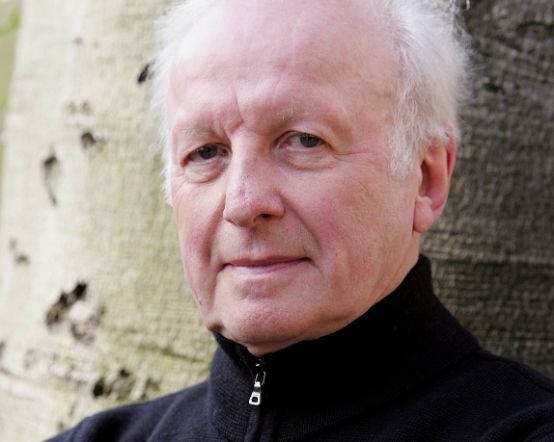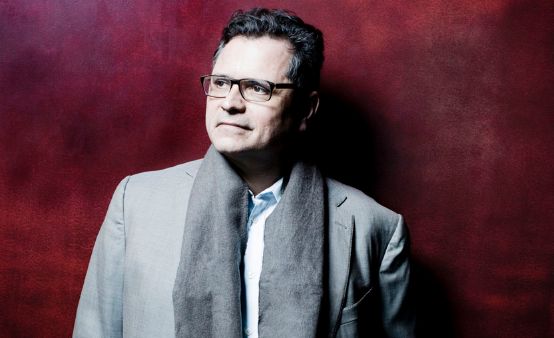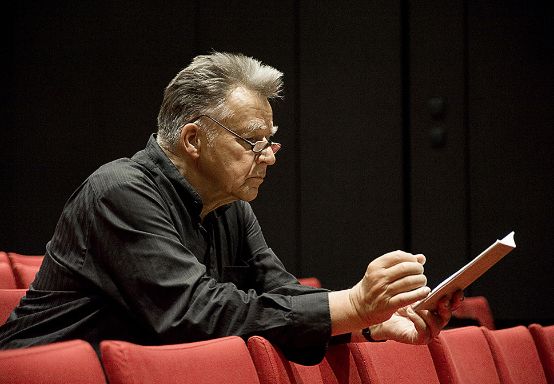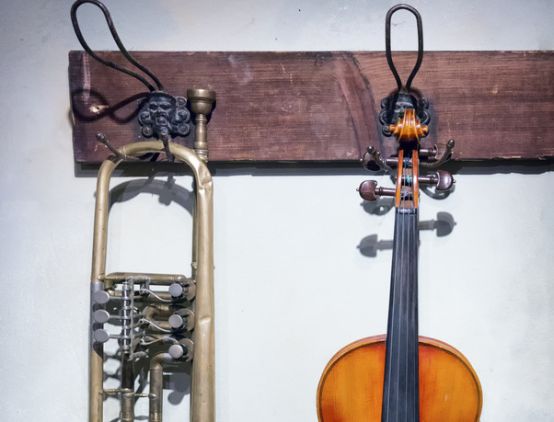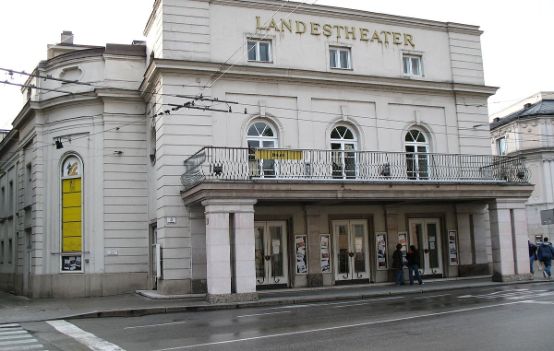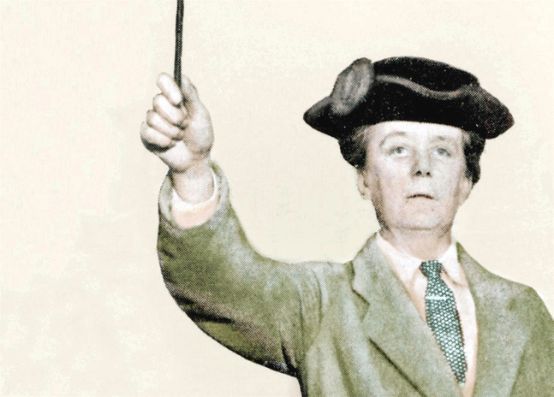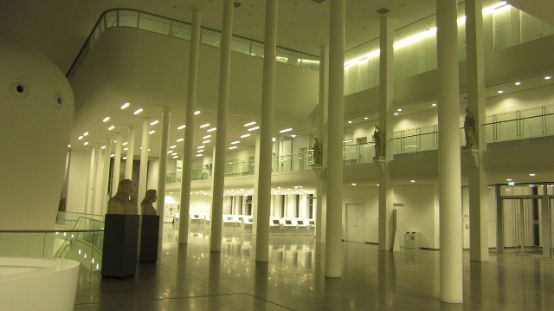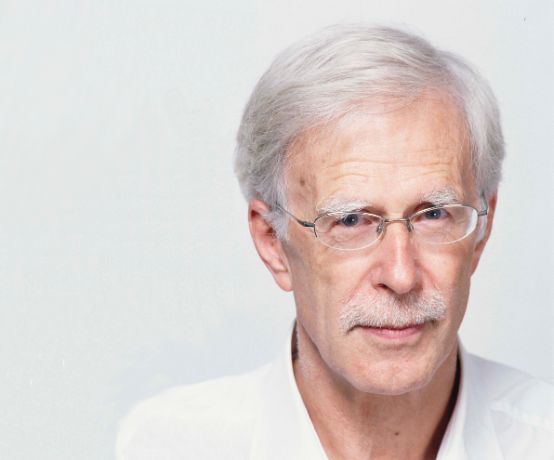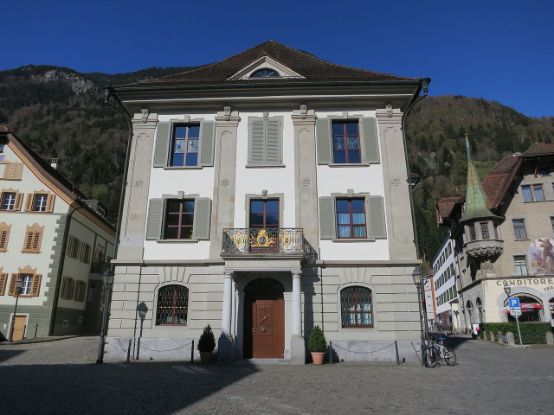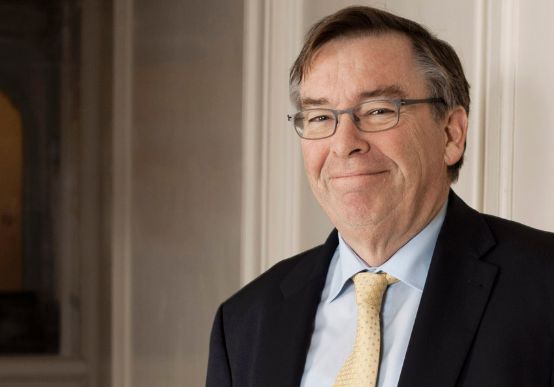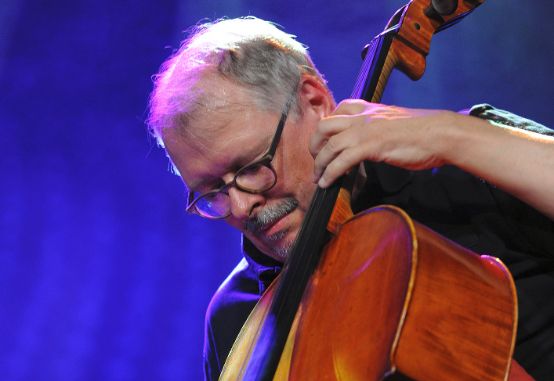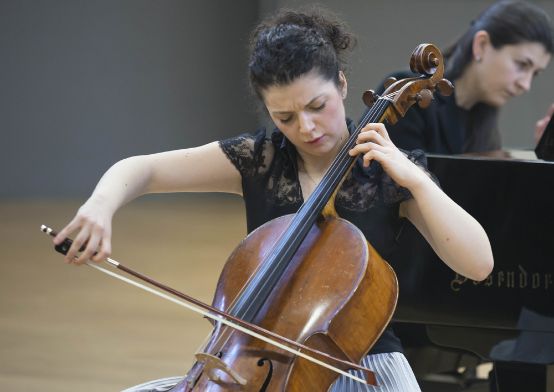Shadowy sound poetry
A promising start to the "Wohlhauser Edition" with a central cycle of works based on his own sound poems.
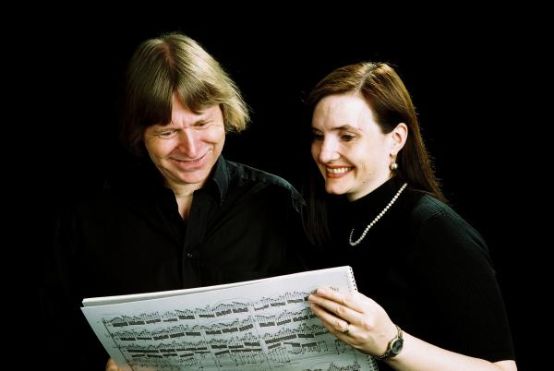
"Creating complex microstructures, working with fragments from a fragmentary world, which come together to form new sound conglomerates that may open up new experiences and perspectives for the audience." These are the compositional premises of René Wohlhauser, an interdisciplinary artist who is equally active as a composer, improviser, pianist, baritone, music teacher, theorist and writer. The multi-talented artist, who teaches at the Basel Academy of Music, has now recorded one of his central work cycles with his own ensemble: The Marakra Cycle (2006-2011) - successful start of the "Wohlhauser Edition" on the Neos label.
Titles like mira schinak, 'Srang, Sokrak and Charyptin seem esoteric to exotic, but are based on the fact that these pieces are based on sound poetry (produced in-house, of course). They overwrite music that is remarkably clear in its diction. Webern and Scelsi seem to have inspired Wohlhauser in equal measure.
Constructive commitment characterizes the pieces for soprano, baritone, flute, clarinet, violin, cello, piano and percussion (in various combinations between solo and full ensemble) as well as aspects of the fleeting and momentary, which leads the music in ever new directions, because individual elements can gain productive momentum of their own at any time.
The "exploration of the deep dimensions of sound" is the declared aim of Wohlhauser's aesthetic, which is noisy, stationary or virtuosic and can also focus on pure sound production. Very important for the effect of these sounds is Christine Simolka's unagitated soprano, which carries the listener away to the Marakra Code 2, the dramatic climax and end point of the cycle, where Wohlhauser's fantasy language condenses into deceptive meanings.
René Wohlhauser: The Marakra Cycle; Ensemble Polysono (Christine Simolka, soprano; Ursula Seiler Kombaratov, flute; Igor Kombaratov, clarinet; Markus Stolz, violoncello; René Wohlhauser, piano, baritone and conductor; guests: Tabea Resin, flute; Marzena Toczko, violin), Neos 11308






